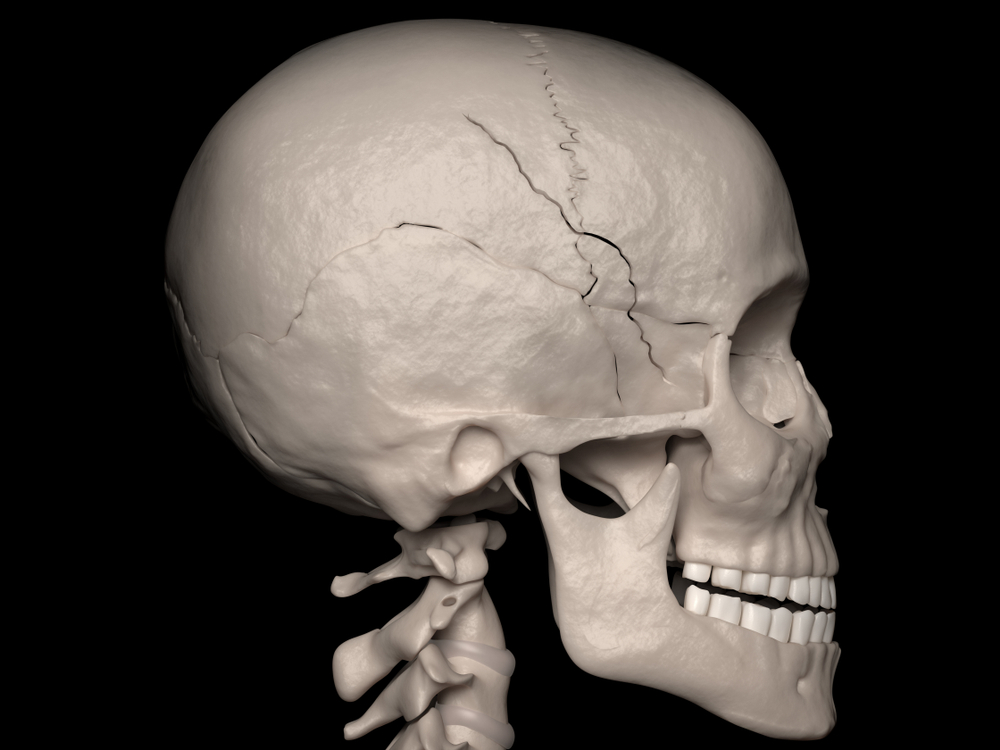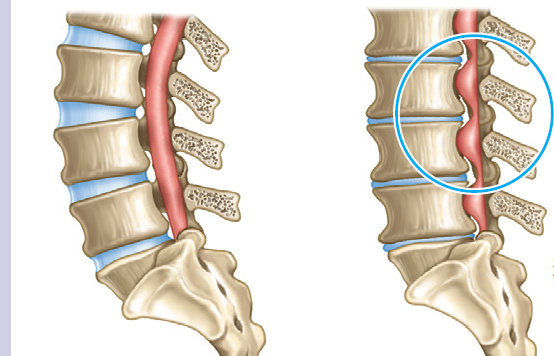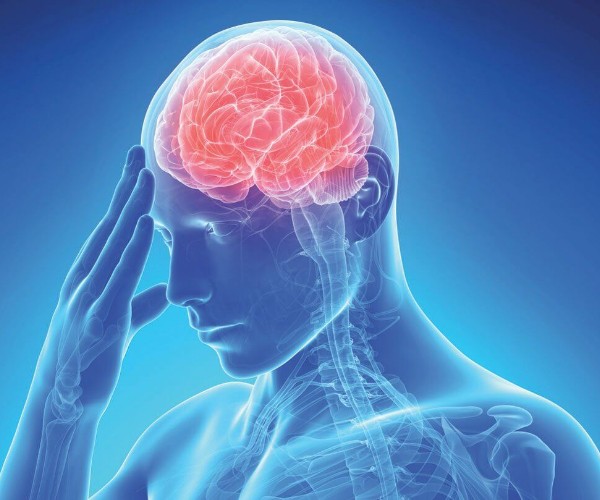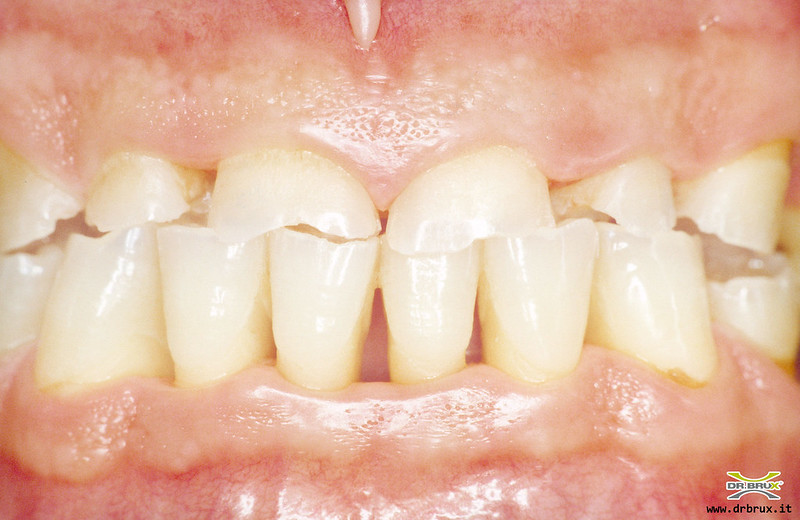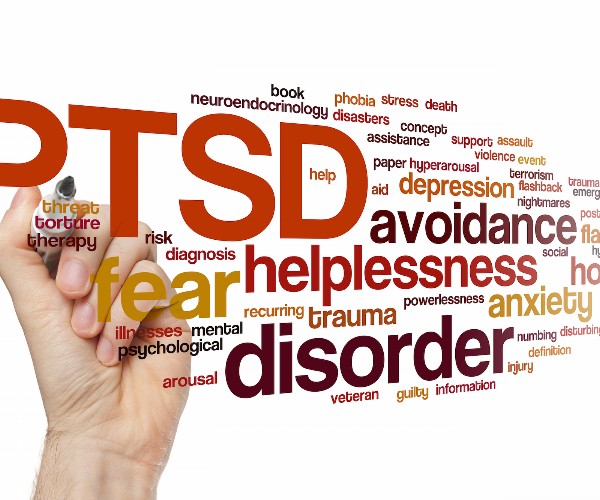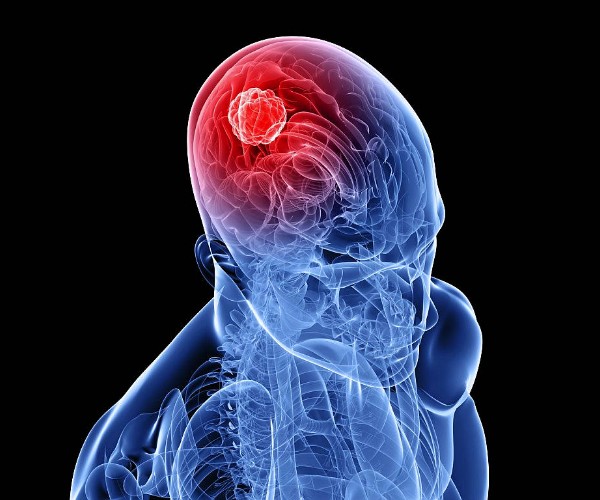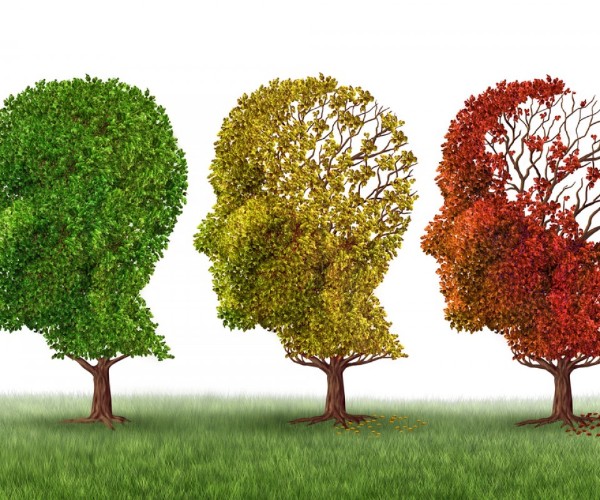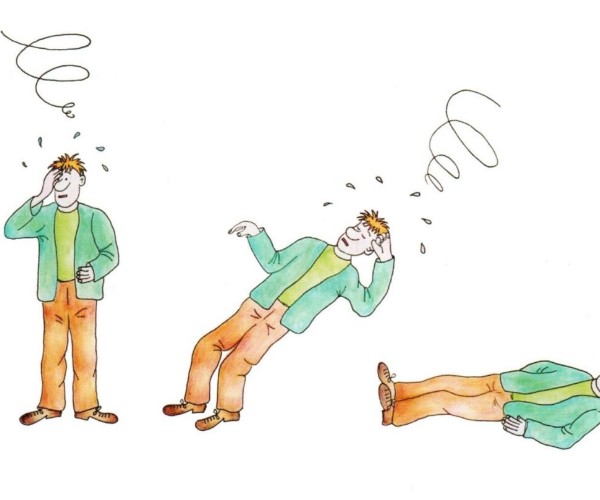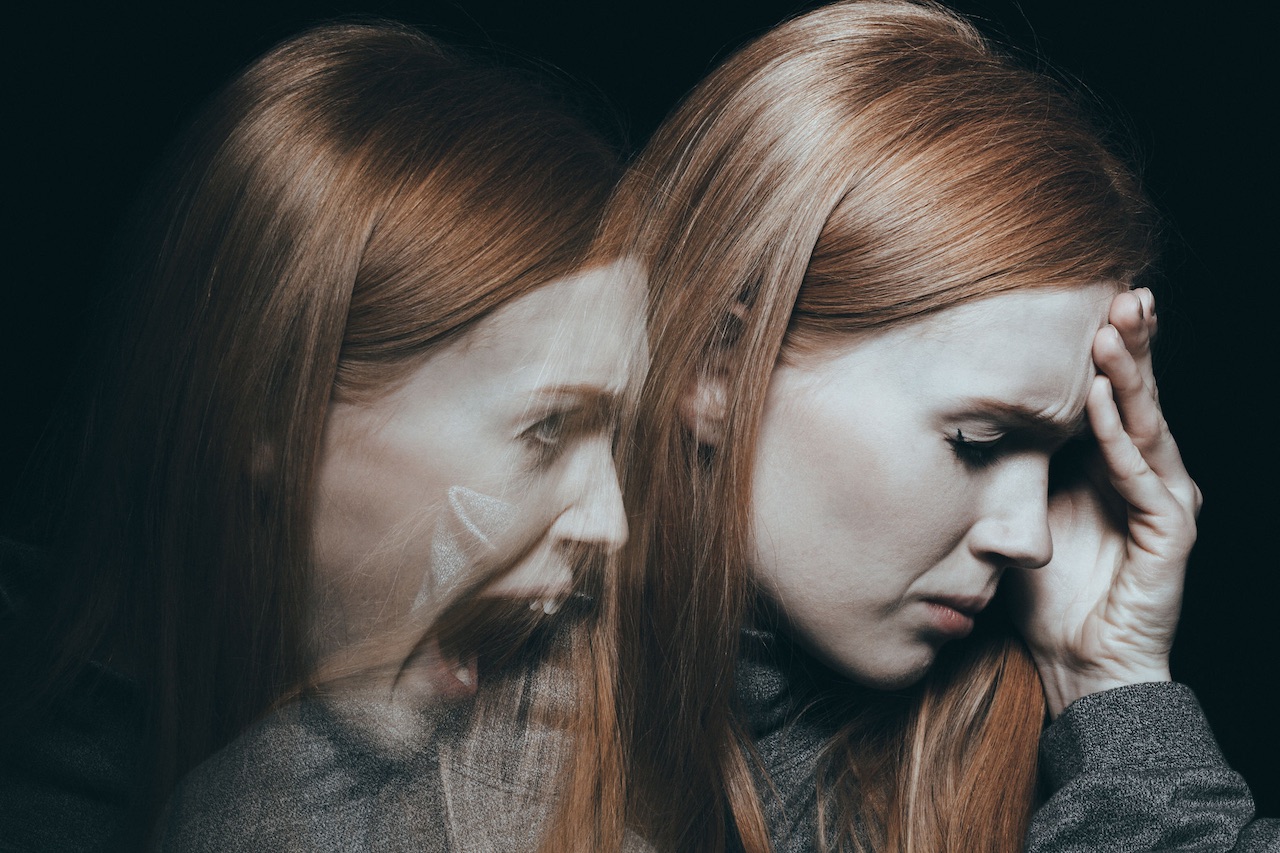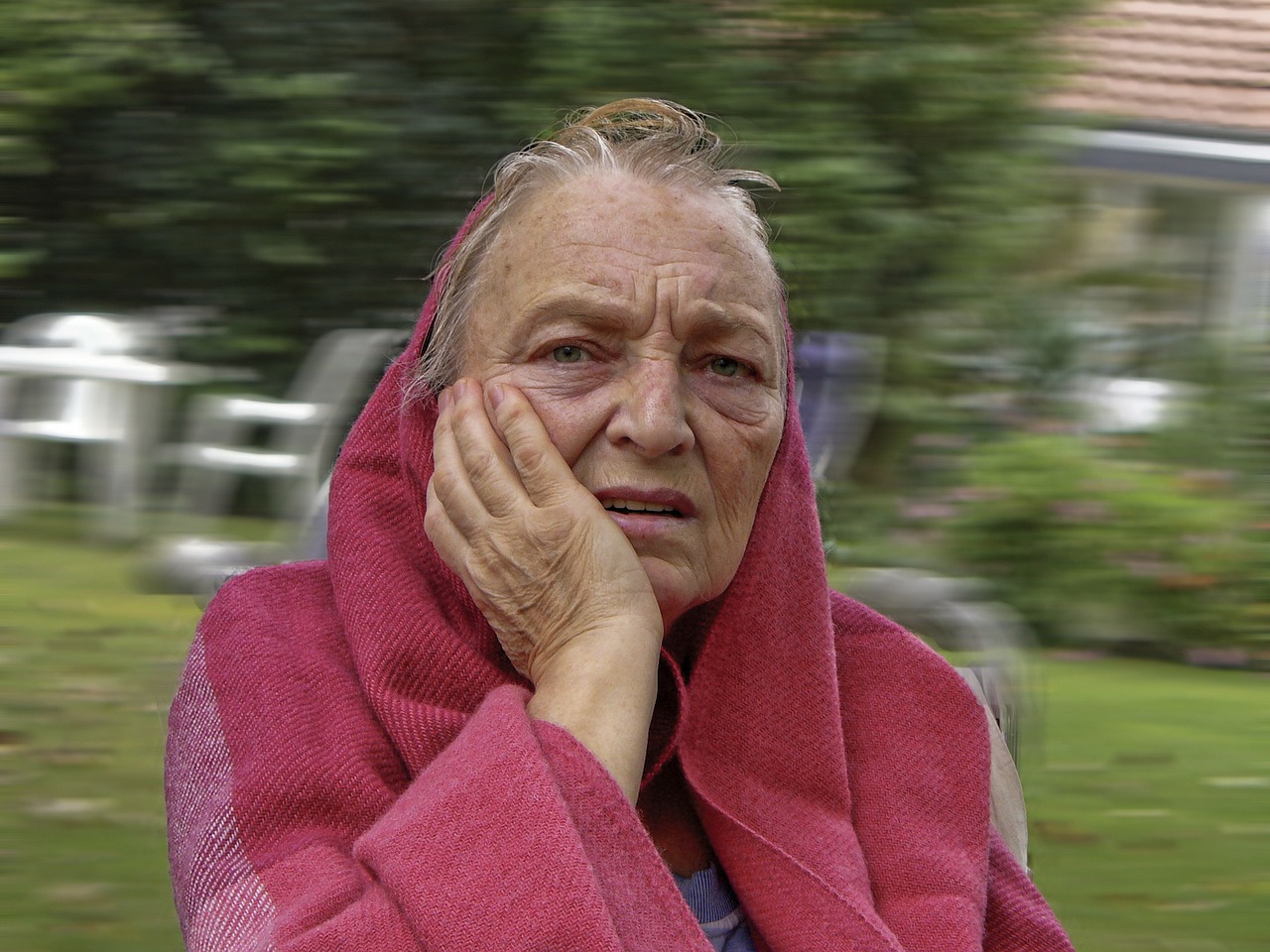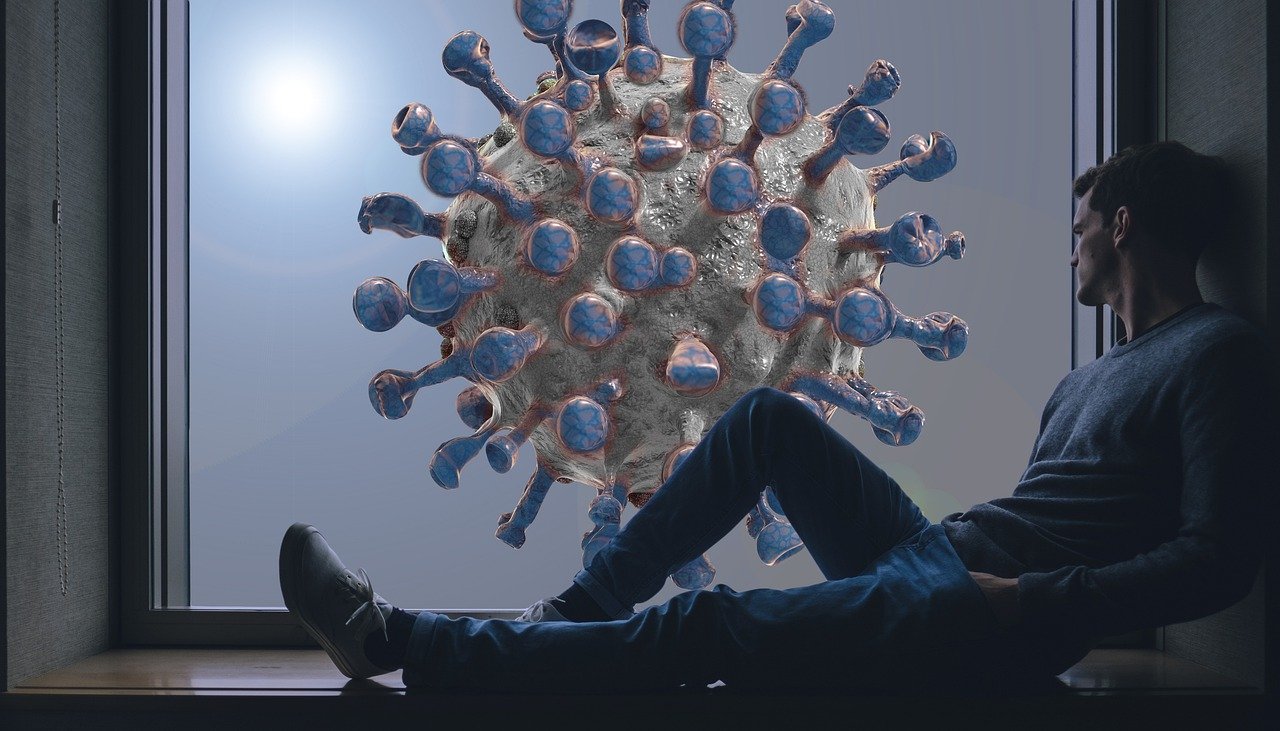In current usage, the word “crisis” has a dramatic meaning, i.e., the transition from a condition of stability to a variability of previously assumed equilibria, holding homeostasis as the sole referent of normality.
The greatest difficulty lies in capturing the functional and healthy aspects, which are hidden behind the mask of change and negativity.
Emotional, psychic, or social crisis can be briefly summarized as a reaction to external events in which the individual perceives himself or herself unable to cope with such occurrences by using previous conceptual schemes, adaptive mechanisms, or resorting to previous experiences.
Crisis can be induced by numerous factors (a traumatic event, a bereavement, loss or change of job, the end of an emotional relationship, the diagnosis of an illness), or even by events that are considered joyful (a wedding, the birth of a child, a promotion).
It always represents a time of transition experienced dramatically by the person or people close to him or her.
It requires good communication, a suitable listening space. The operator must consider the subjective elements that caused the crisis. He must devote time and attention to a proper analysis of the question: who is asking, what is asking, why now, what history is behind it.
The request for help is generally symptom-centered, but the symptom must be understood and placed within the patient‘s story .
In fact, prescription medication alone may increase discomfort.
Anxiety-depression spectrum disorders, adjustment disorders, emotional crises more closely reactive to trauma or stressful situations, and forms of somatization are particularly common in clinical practice.
In many circumstances these are single episodes of distress, other times they are structured conditions deeply rooted in the subject’s history.
Theanxiety expresses an experience of alarm, which can reach high tones and is expressed by a state of marked psychophysiological manifestations, with the expression of vegetative activation symptoms (palpitations, sweating, chest and abdominal discomfort, difficulty breathing, nausea ), psychic symptoms (dizziness, feeling that objects are not real, depersonalization, fear of losing control, fear of dying), tension symptoms .
Depression is manifested by a lowering of mood and loss of the ability to feel interest or pleasure, alongside sleep or appetite disturbances, feelings of fatigue, poor concentration, and even suicidal ideation or acts.
Depressive crisis must be addressed with pharmacological and psychotherapeutic tools. A particular form of depressive symptomatology ishypochondria, a persistent worry that you may have one or more serious illnesses.
In adolescents, body dysmorphism disorder, excessive preoccupation with a supposed physical defect, occurs.
In all of these cases, the symptoms express suffering at deeper levels, requiring attentive and empathic listening.
Adaptation disorders refer to clinical pictures that arise in response to life events in an attempt by the individual to implement a defense strategy.
Clinical manifestations are characterized by a condition of emotional overactivation with unpleasant reenactment of the traumatic event. Most of the time, the emotional crisis is resolved by physiological defense mechanisms, with which every subject is endowed. However, it can evolve into a more substantial disorder that then needs specific interventions.
Somatization refers to an expression of the psychic diary through physical symptoms, in the absence of overt organic pathology. It is as if the subject unconsciously chooses to communicate his or her existential discomfort and conflicts through body language.
This type of patient has a poverty of emotional language, poor phantasmal abilities and substantial difficulty in recognizing their own emotions.
The psychological nature of these disorders must be seriously considered to avoid chronicity, which could impair patients’ quality of life.
Finally, a dysfunctional lifestyle that compromises a person’s well-being can be considered an emotional crisis.
This phenomenon can be traced back to the presence of a masked depressive core, to a situation of inner malaise that is unrecognized or of which one is unaware.
Edited by Ferdinando Pellegrino, psychiatrist and psychotherapist.







